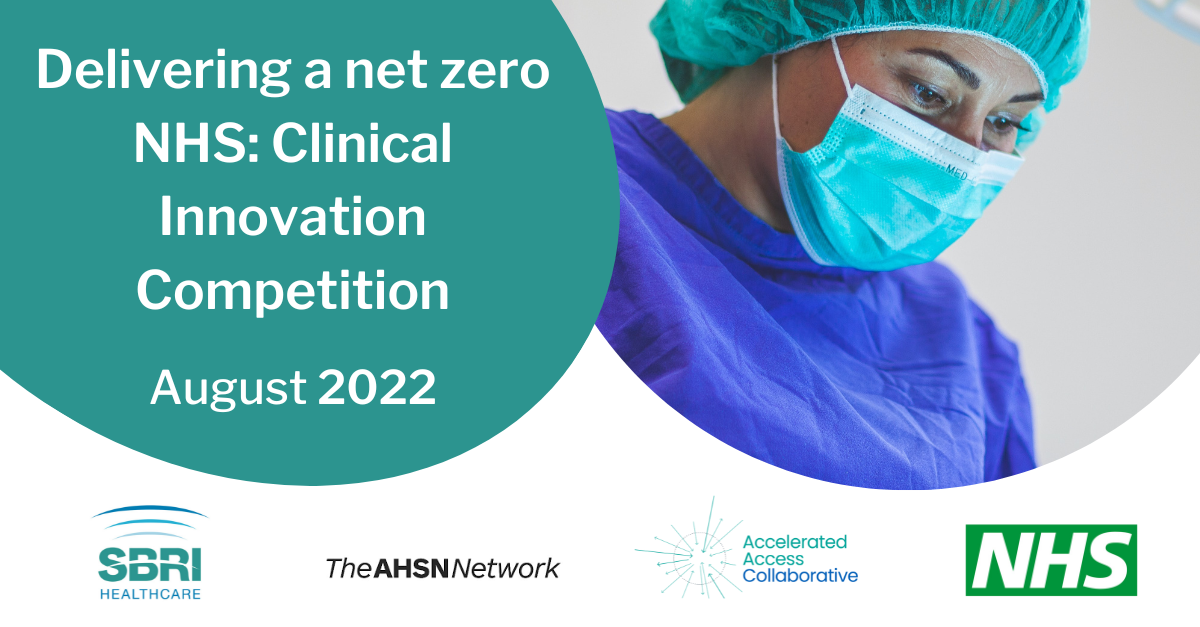
Climate change is a health emergency. More than 13 million deaths around the world each year are due to avoidable environmental causes. Air pollution contributes to one in 20 deaths in the UK and is the cause of increased cases of asthma, cancer and heart disease. Contributing around 4% of UK emissions, the NHS is both a part of the problem and the solution; it must tackle climate change at source if it is to deliver on its core purpose: to improve health and care, now and for our future generations.
In 2020, the NHS became the first health system in the world to commit to reaching net zero , with two targets:
-
Reaching Net zero by 2040 for the NHS Carbon Footprint (for direct emissions), with an ambition for an 80% reduction (compared with a 1990 baseline) by 2028 to 2032.
-
Reaching Net zero by 2045 for the NHS Carbon Footprint Plus (including those the NHS
influences), with an ambition for an 80% reduction (compared with a 1990 baseline) by 2036 to 2039.
Since 2010, the NHS has reduced its emissions by 30%, thanks to steps taken across the workforce - but more transformation that continues to improve quality of patient care while also reducing carbon emissions is required in every setting. Developing technologies and investing in innovation now will accelerate action and ensure the best outcomes for patients.
Funded by the Accelerated Access Collaborative, and in partnership with Greener NHS and the AHSN Network, our second Phase 1 net zero competition sought innovative solutions that focused on decarbonising clinical pathways that are the most carbon intensive. This will require change across the whole care continuum including early disease detection, accurate diagnosis and the highest quality and most targeted treatments to not only cut emissions but also improve patient care.
The four challenge areas were:
- Decarbonising surgical pathways
- Reducing waste in surgery and critical care
- Net zero personalised care
- Tools to support the workforce to deliver net zero care
See the list of Phase 1 Panel members
See the list of Phase 2 Panel members
Guidance for Applicants - Phase 2
